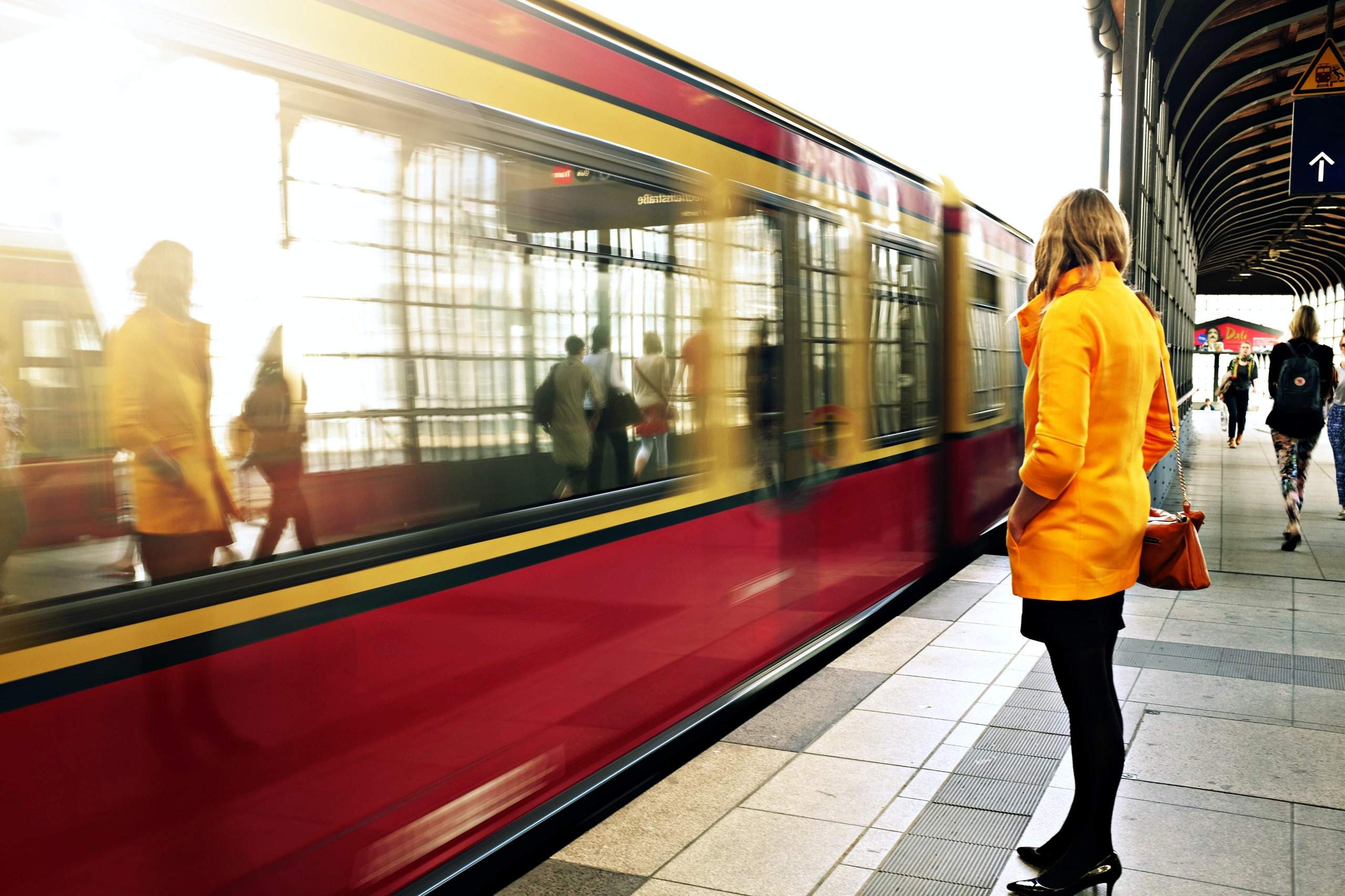Good evening dear GF community.
Train travelers could face higher ticket prices – with fewer offers. The reason is the rising costs of using the rails. Apparently there is already a cross-list of connections that could be eliminated.
Deutsche Bahn‘s long-distance transport is threatened with more expensive tickets and fewer connections due to sharply rising route prices. According to the current status, long-distance trains will be charged 17.7 percent more for using the rail network from the end of the year. If this is passed on directly to the DB subsidiary, “reductions in offerings and an increase in ticket prices would be unavoidable,” the company said in response to a report in Spiegel magazine. As a result, this means “that poorly utilized trains would no longer be sustainable for DB Fernverkehr AG and the offer would have to be reduced accordingly.”
Cross-list of under-utilized connections?
According to Spiegel, the range of intercity trains could be reduced nationwide in the coming year. Citing a letter from Deutsche Bahn to the Federal Network Agency, the news magazine reports that Saxony, Saxony-Anhalt, Thuringia and Mecklenburg-Western Pomerania are particularly affected, where several cities can no longer be accessed.
According to the magazine, long-distance trains are available on the following routes:
- Karlsruhe – Stuttgart – Aalen – Crailsheim – Nuremberg – Leipzig (Intercity line 61)
- Gera – Weimar – Erfurt – Gotha – Kassel – Dortmund – Cologne (Intercity line 51)
- Norddeich Mole – Oldenburg – Bremen – Hanover – Magdeburg – Köthen – Leipzig (Intercity line 56)
In addition, according to information from the magazine, the range of ICEs to Stralsund on the Baltic Sea could also be significantly reduced in the off-season. The affected Intercity and ICE trains are therefore among the least utilized Deutsche Bahn trains.
An end to the intercity connection from Dresden to Rostock, which was also underutilized, was apparently stopped by political pressure, it said.
“No concrete plans”
The DB rejected the Spiegel report. According to Deutsche Bahn, the company has not yet decided whether or which connections will be eliminated. “There are currently no concrete plans to cancel the long-distance transport connections mentioned,” said Michael Peterson, board member for long-distance passenger transport, according to a statement. “We completed our planning for the 2025 timetable in April. This timetable does not currently include any of the supply cuts mentioned.” However, due to rising route prices, we are forced to “review the scope of our timetable offering nationwide”.
The Federal Ministry of Transport also denied route cancellations: “We do not have any concrete information about possible thinnings on certain routes,” said a spokesman for the Federal Ministry of Transport. The federal government, as the owner of the railway, has an interest “in ensuring that rail passenger transport runs smoothly throughout Germany, and this also means that no region is left behind.” This was also clearly communicated to the railway.
The Pro Bahn passenger association criticized the possible cancellations. “You can’t simply stop long-distance transport and let people take local transport to the next city,” said federal chairman Detlef Neuß tagesschau.de. If the whole thing doesn’t make economic sense, the state needs to add more money – it’s about public services. “We need sufficient supply in the area.”
Additional costs due to higher interest rates?
According to Spiegel, the reason for the threatened cuts is the planned increase in equity capital at the railway. Equity basically describes all of a company’s financial resources that, in contrast to debt, belong to the owners themselves – in the case of Deutsche Bahn, the state. The federal government wants to increase its equity capital by up to 20 billion euros in the coming years in order to renew the ailing rail network. The advantage is that an equity increase is a so-called balance sheet extension and is therefore not subject to the much-cited debt brake.
However, the increase means higher interest for the group, which the DB infrastructure company InfraGo has to pay. As a result, it expects almost a billion euros in unexpected additional costs for 2026 alone, as the “Süddeutsche Zeitung” reported at the end of May, citing an exchange of letters between the railway subsidiary and the Federal Network Agency. InfraGo gets the money back through the route fees that all companies have to pay for using the infrastructure – including Deutsche Bahn itself.
> You can read more information here:
| Article:
| Ask:
Would you continue to take the train even if prices increased?
Best regards
Robin | TechBrain.


:quality(90)/p7i.vogel.de/wcms/e9/6c/e96c4e5557560aeb7ba865f240eeadaa/0121532261v2.jpeg)